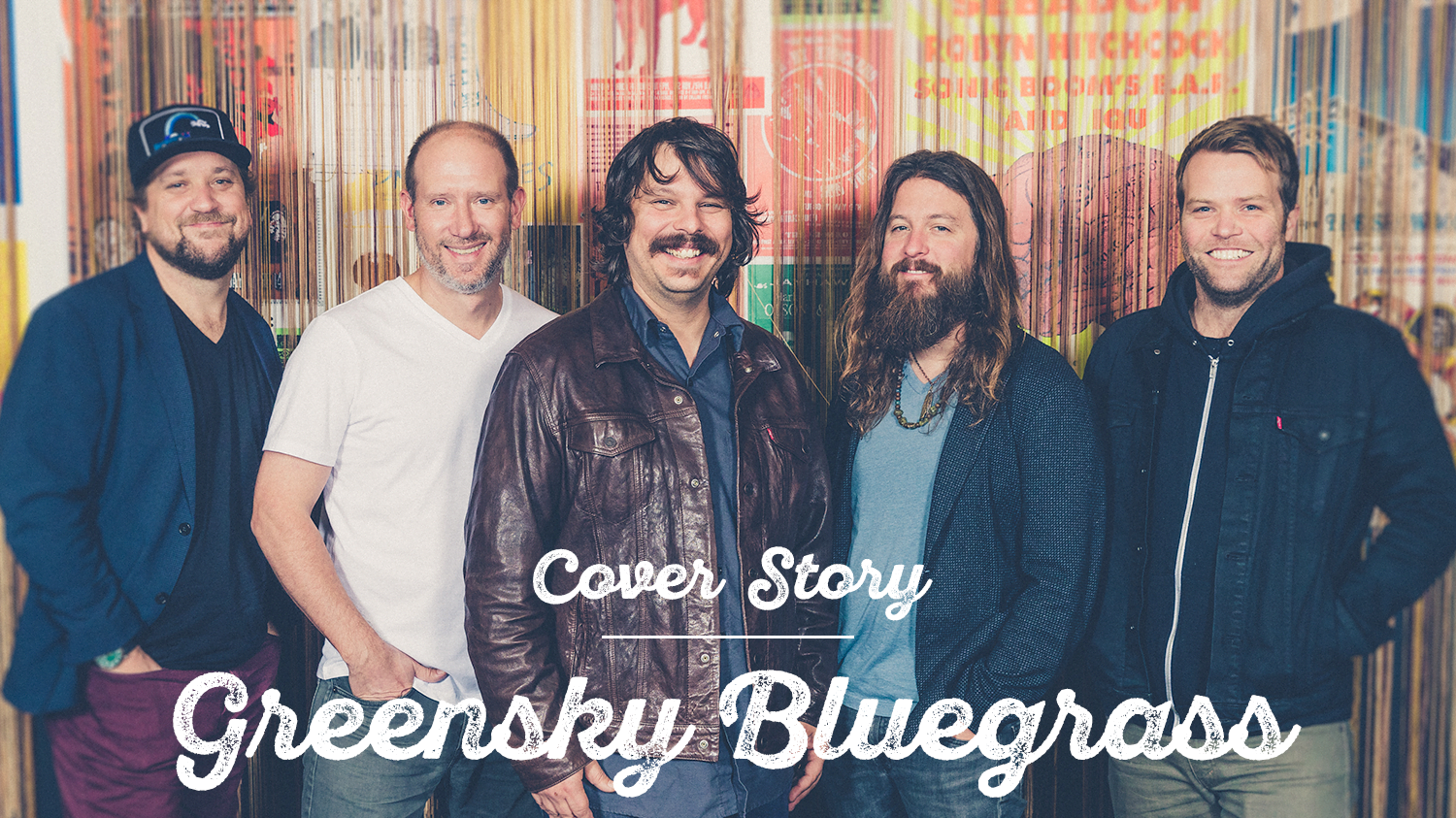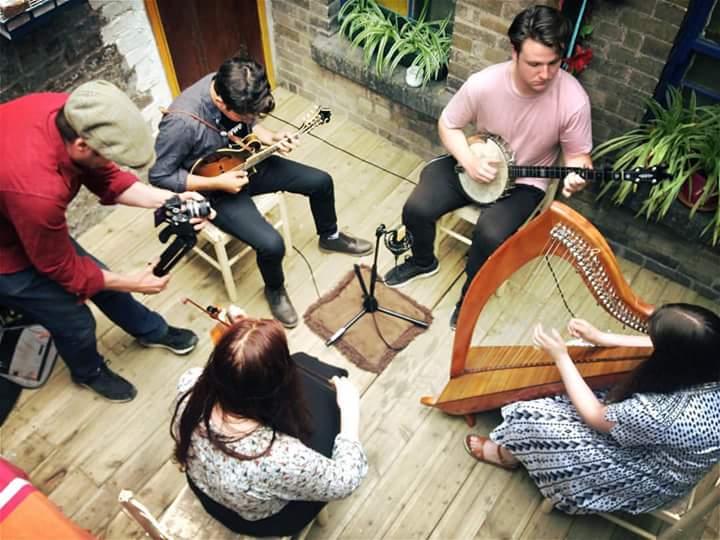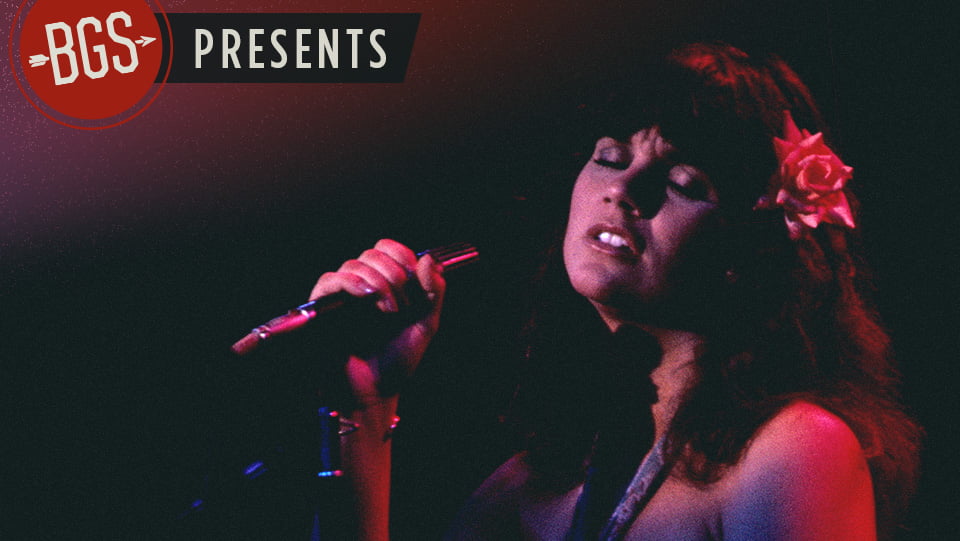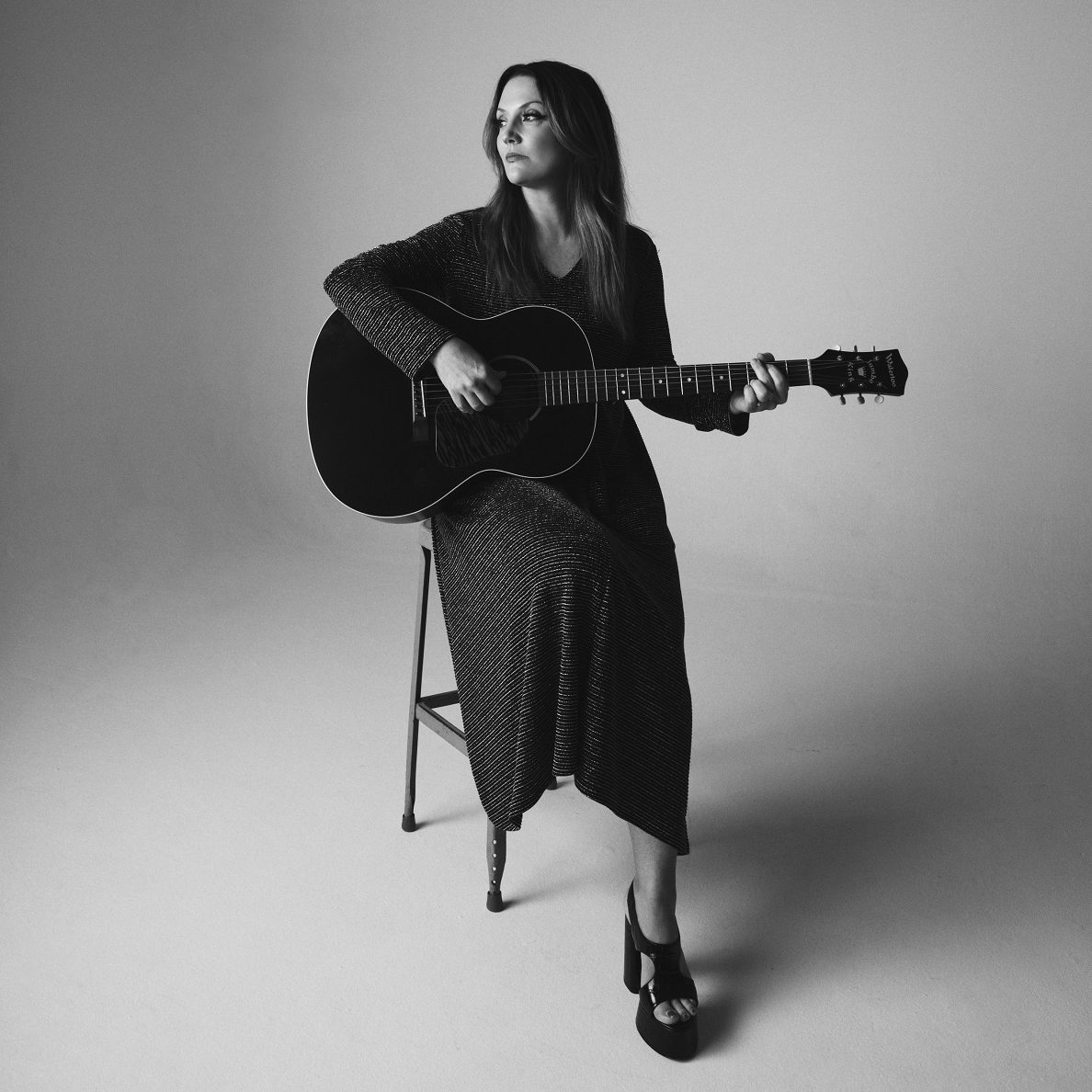With their progressive mindset and undying faith in the power of the jam, the electrifying live shows put on by Greensky Bluegrass have captivated roots and rock fans alike for nearly two decades – but the Midwestern five piece has always been more than a group of gifted musicians. Layered, thought-provoking songcraft is also a big part of their DNA, and with their new album, All For Money, those two worlds come together like never before.
This month, the band – composed of mandolin player and primary songwriter Paul Hoffman, guitarist Dave Bruzza, banjo picker Michael Arlen Bont, Dobro player Anders Beck, and bassist Mike Devol – embarked on a milestone tour of listening halls that are well suited to showcase both sides of the Greensky Bluegrass double helix, and according to Hoffman, that everything-at-once approach is the next step of their journey.
“We don’t have any grandiose dreams or visions of things we haven’t accomplished,” he says, “and I think it’s been that way for the last 10 years. Being able to go out and play the right venue in all the right towns where we can put on a big show and present everything we do … it’s about getting that to happen everywhere now.”
BGS: You guys were inspired early on by The Grateful Dead, and I hear that improvisational spirit on the new album. Do you feel like All For Money is a return to your roots?
Paul Hoffman: We talk about this album being a lot more like a show than previous records because for us, [studio work and being onstage are] kind of two separate art forms. … With this record we went for the show aspect right from the get-go. It’s a little loose, and a little improvised, and we’ve succeeded with that more and more on every record – finding ways to capture that live spirit but still utilize all the tools available to us in the studio. Like for example, maybe there’s a place where there’s two mandolins at once. We couldn’t do that live, but if it sounds cool on the record, let’s do it.
Tell me about recording in Asheville. What kind of vibe do you guys get there?
We love that town. In the young days of the band we thought we should move there and maybe it would spark our career. We didn’t, and it was probably for the best, but the studio is really cool. It’s like an old church and it’s got a lot of room to work in. All our early records were done in Michigan in this studio that’s really small, and you don’t need a big room or an extra room downstairs with a ping pong table and video games and a kitchen and three couches. You don’t need any of those luxuries, but as soon as we went to [the studio,] Echo Mountain, to record the last record, it was like “Man, this is nice” … and now we probably do need them. [Laughs]
Digging into the live show versus studio album idea, you have a couple of really lengthy songs here. “Courage for the Road” is over nine minutes long, and I get that in a live setting, but why stretch it out for the album?
I think sometimes we’ve found that our fans are separate. Some of them are live music aficionados and don’t really enjoy listening to the records, and some people who like our records come to the show and are like “Why are all these songs so long and psychedelic?” I think there’s a part of us that figures those things don’t need to be separate, and maybe if we did a bit more from both sides of the equation, there’s something there for everybody.
The goal for that song is for it to remain interesting the whole time, and when I listen to it I feel like I’m listening to a well-mixed, well-recorded, live jam. It was so organic with how it happened that it kind of had to be left alone, and I think that translates to the listener as live energy. That’s the thing you sacrifice in the studio if you start overdubbing too much, and that’s when some people complain. What they’re really complaining about is that it loses some of that honest energy and integrity, so those jams should preserve that.
Tell me about the inspiration behind that song. Is this literally about being on the road, or more of a relationship thing?
It’s all of the things. I like to write about multiple things at the same time, and I think it helps. People are gonna read into it how they want anyway. So I’ll often start talking about something and then realize I’m talking about something else, too. It works really well as a simple song about being on tour, but it also works as a song about being in love with someone and not being able to let go, or being obsessed with something for the wrong reasons.
Why might you need some courage for being on the road?
It’s a lonely place sometimes, and that in itself is a paradox. You’re surrounded by people who love you every night, but then the lights go down and the crowd goes home and you’re all alone again. It’s hard to even have an argument for feeling lonely on tour when so many people are coming to see us and support us, but they are real things. And even in general, when you make that commitment to quit your job and leave your family for six weeks at a time, and maybe come home with little to show for it, it’s hard for musicians to keep sticking it out.
Tell me about the song “All For Money” and the interlude in the middle. When you were writing it, were you thinking, “It would be cool to do two minutes of jamming right here”?
Sometimes it comes up in the moment, but with that song it was real intentional. I wanted to explore this idea of the pressure of success and the whole “Be careful what you wish for” kind of thing. Back in the day when we were playing in a bar and all we had to do was win over some fans, in hindsight that’s almost easier than living up to the expectations of all these fans now, who travel and spend money to see us all the time.
They see us a lot so it’s like you’ve got to come up with new tricks and something happened in the last couple of years where it was like the pressure built up. That’s not to say it was too much or that we don’t love it, but it occurred to me that there was a real paradox of success happening where it was like “Man, this is hard!” Sometimes we joke around like “Why don’t they stop following us?!” … Which is absolutely not what we want.
So there’s a joke there, or at least a duality to be explored, and I wanted to set the song up in a way that it’s supposed to get creepy or disorienting, and to make you feel uncomfortable. I talk about being supported but surrounded, contained but captured, and then it comes around to that triumphant chorus that’s all about the love and the songs creating emotion and camaraderie. It goes on this journey of joking around and all these lies we were told in the beginning, and then it gets scary and uncomfortable on purpose. It’s almost supposed to be discomforting, more than a jam.
I love your lyrics, because as you explained there are lots of layers and you’re not afraid to question yourself. What were you trying to get at with “Do It Alone”?
I was trying to touch on this angst-y, rock and roll thing. I wanted something that had an anthem vibe, something a crowd would cheer along with, and again I was thinking about a couple of different things at once. One moment I’ll be thinking about a friend of mine who’s in love with a girl who doesn’t love him anymore, and the next I’m like “Man, I miss my dog.” [Laughs] Sometimes really specific lyrics about really different things can help you get some insight into that other thing.
Photo credit: Dylan Langille/ontheDL Photo






